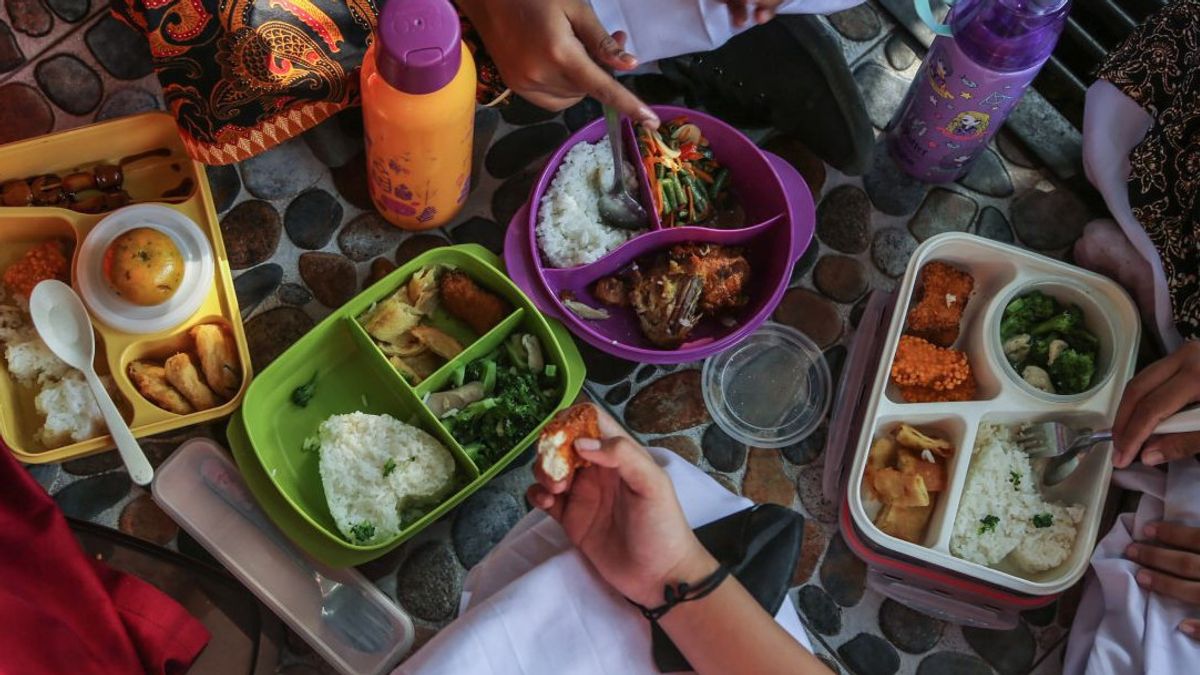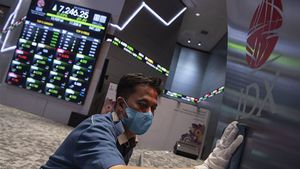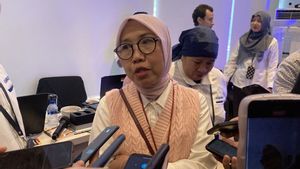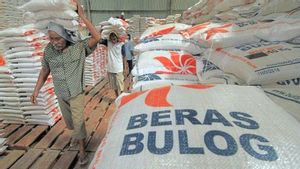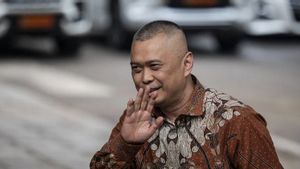JAKARTA - Indonesian Economic Observer Strategic and Economic Action Institution Ronny P Sasmita assesses that realizing the free lunch program promoted by Presidential Candidate Prabowo Subianto-Gibran Rakabuming Raka, will reduce fuel subsidies to realize them.
"It can also come from the transfer of energy subsidies, which previously had to be supported by factual evidence that there had been an energy subsidy practice that was not on target. For example, energy subsidies were enjoyed more by the upper middle class than by the poor," he explained in his official statement, Wednesday, March 6.
Ronny explained that to finance social policies from subsidy transfer funds, it must be carried out carefully. The condition is that the subsidy budget does cost a large amount of more than 2 percent of the national GDP, so it is very burdensome for the national budget. The problem is for Indonesia, the energy subsidy budget turns out to be only about 0.9 percent of GDP.
Furthermore, Ronny said that if you really want to straighten out the practice of energy subsidies, it is necessary to anticipate the increase in energy prices with policies to strengthen people's purchasing power on the one hand (social protection policy) and the policy of implementing energy subsidies on a targeted basis that is carried out strictly and maturely.
"Because as is well known, the energy subsidy policy is often positioned as a "prize stabilization" policy by many countries, not as a subsidy policy. As a result, the elimination of subsidies is a difficult policy option because it has the potential to create multiplier effects in various sectors," he explained.
According to Ronny, by revoking the energy of subsidies, it must be in order to straighten out the practice of subsidies that the recipients of subsidies are certain groups of people, who are categorically worthy of receiving subsidies.
Ronny added that clear and precise data collection regarding subsidy recipients must be done first. After that, the distribution method is formulated, whether using a card system or barcode code technology or similar technology, where only people who hold cards or who have certain codes can buy subsidized energy.
On the other hand, cash transfer packages for groups of poor and vulnerable poor people must also be prepared in anticipation of rising prices for goods due to rising fuel prices and other energies.
According to Ronny, the alternative that also needs to be considered is a gradual reduction in subsidies with a small nominal value. For example, the government can increase the price of Pertalite variant fuel twice a year, but the increase is only around Rp. 500 per liter.
"So that in a year there will be a two increase in fuel prices, but the cumulative nominal is only Rp. 1000," he said.
"That way, people do not experience too much shock and shock therapy, because the effect on prices is also not too big. If the government can do it well, then in two years, the Pertalite variant fuel subsidy will be deleted by Rp. 2000. And don't forget, subsidy reduction must be done when the inflation rate is low, aka not arbitrary," he said.
SEE ALSO:
Ronny said that again, it must be remembered that the type of social policy that should be financed in this way is not in the form of a free lunch.
Meanwhile, the free lunch policy whose sources are shifted from other social financing sources will not have a structural, non-transformative, and less sustainable impact or once the policy stops, all the benefits stop.
"The level of inequality will remain high or even higher, as happened today where Indonesia's Gini ratio is already at 0.388, an increase compared to last year's 0.381. The rich will get richer, while the poor and vulnerable only get free lunch. Of course it is very unfair," he concluded.
The English, Chinese, Japanese, Arabic, and French versions are automatically generated by the AI. So there may still be inaccuracies in translating, please always see Indonesian as our main language. (system supported by DigitalSiber.id)
